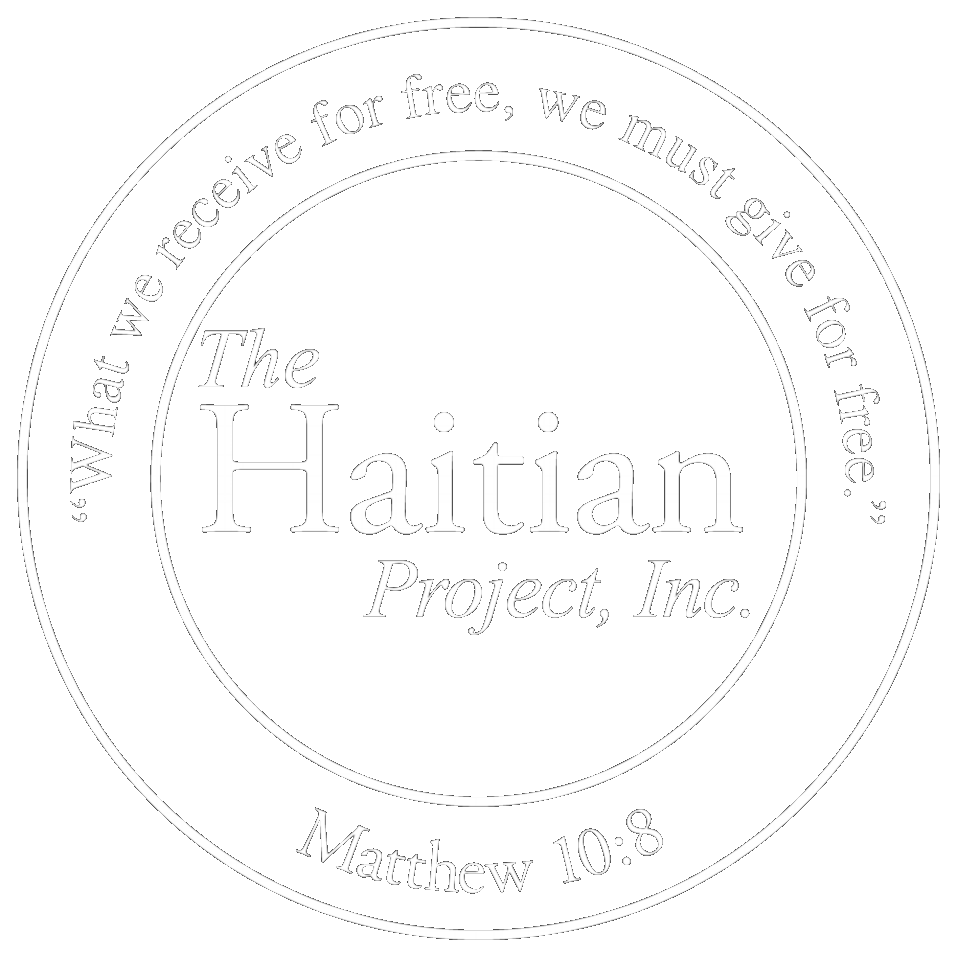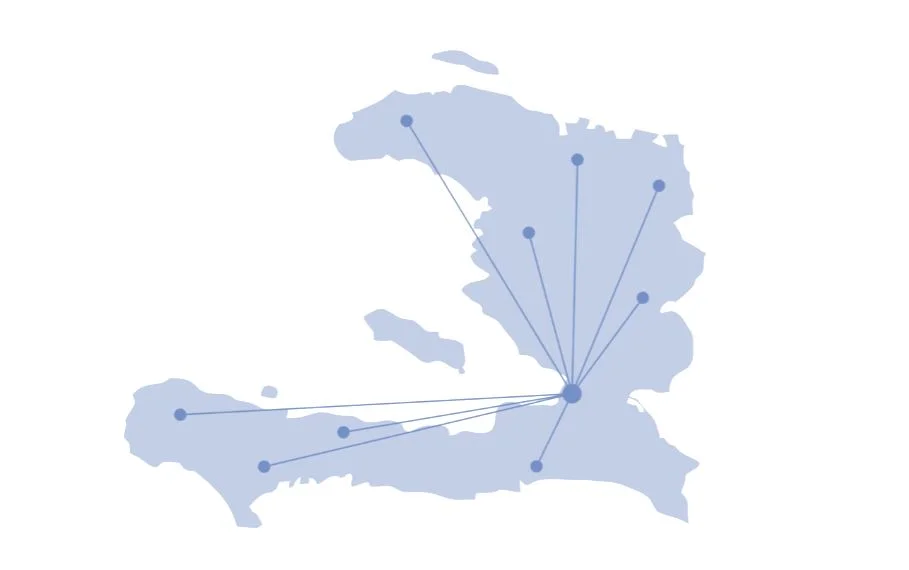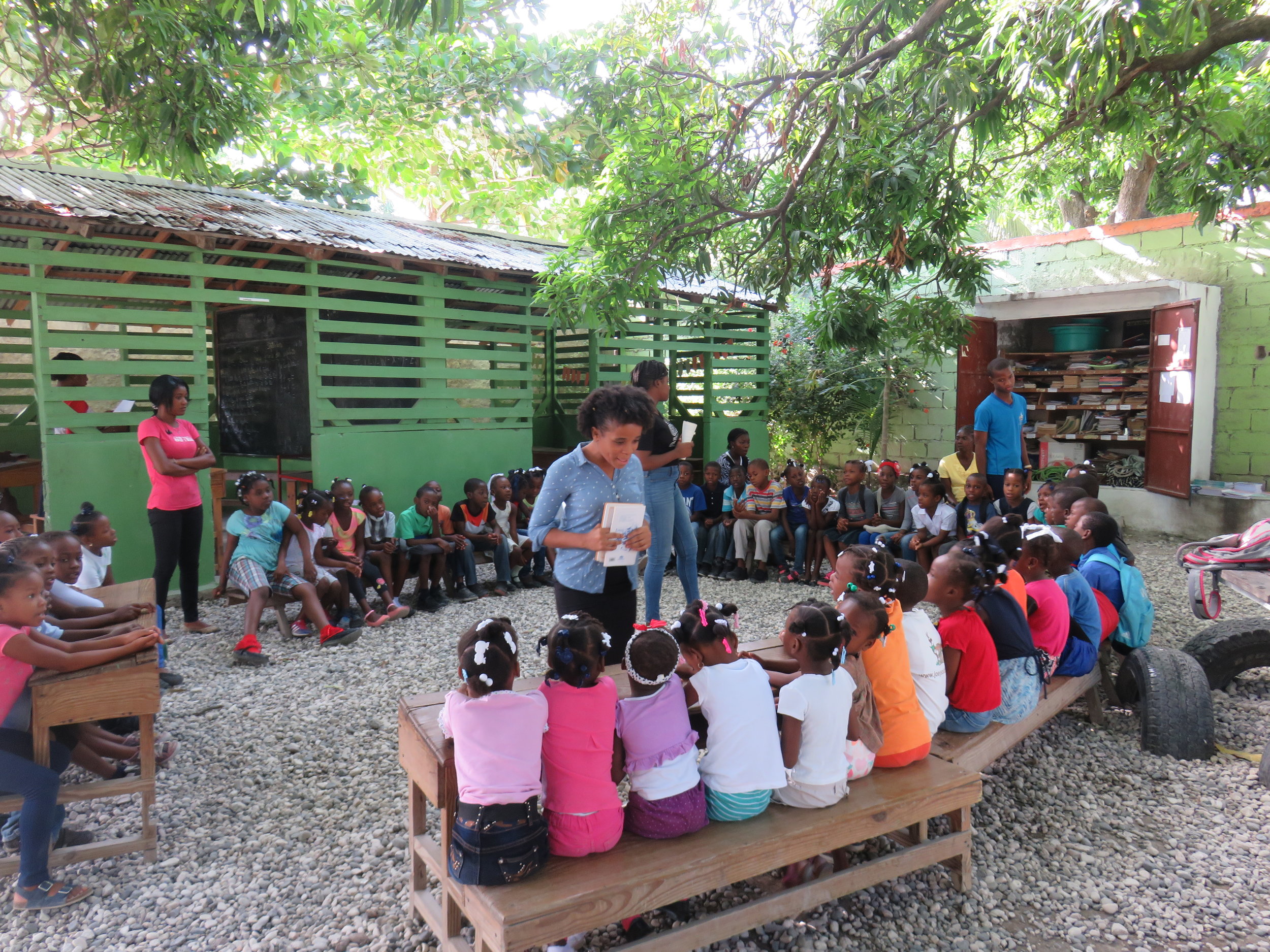THP has long recognized the importance of family in the lives of children and the health of a nation.
Note: What follows is one story about Christina Moynihan’s forward-thinking efforts to reunite Haitian children with their parents after Haiti’s 2010 earthquake. There are many problems surrounding the use and funding of orphanages in the most economically disadvantaged populations. Recent research shows that worldwide, 80 percent—90 percent of children in orphanages have at least one living parent. We invite you, after reading this update, to visit the links provided below to gain a deeper understanding of this important issue.
Louverture Cleary School’s early educational program “Koukouy St. Clare” in action.
“We said yes to the mission because we love our own children. All other children deserve the same quality of life. What we have found in Haiti is that the families want education for their children because it will break the cycle of poverty and change their futures.” – Christina Moynihan
When the Moynihan family came to live at Louverture Cleary School (LCS) in 1996, Christina Moynihan became quickly in tune with the neighbors of LCS—families who occupied the “zone” around the school. There was one event in particular that set her relationship with the women of the neighborhood into motion.
She heard the cry of a three-year-old boy who was left alone outside, locked out of the house by his mother who wanted to protect the house from robbers while she went to the market to work. Moynihan cared for the little boy, as she insists anyone would do. However, it was her response after his mother returned home that is unique and, sadly, not a well-trod path of action.
When the child’s mother returned home, Moynihan wisely took the time and effort to learn her story. Because she had already begun to form relationships with women in the zone, she knew that this child was not the only one who was in need of a safe place to play during the day. Other children were routinely abandoned, and some children of school age simply had no place to go. Moynihan (acting as mother, teacher, and partner in mission with her husband, THP President Deacon Patrick Moynihan) knew what needed to be done. She wasted no time in welcoming parents and children from the neighborhood into the gates of LCS, and thus, into a community of support. An early childhood education center at LCS was born.
January 12, 2010—A major earthquake shakes Haiti.
Chaos ensued and nine children who attended the early education program at LCS daily were nowhere to be found. Moynihan visited their families and learned the missing children had been given to ”orphanages.” Many parents did not know the whereabouts of their children.
Christina Moynihan (back, right) with the inspiration and motivation for a full-time development center.
Utilizing help from a very wide cast of characters, Moynihan located each missing child. She visited ten orphanages in total and what she found were heartbreaking examples of abuse, neglect, and exploitation that strangely contrasted with the smiles of visitors who came to “help” during the earthquake. These orphanages were not legitimate or monitored by the state. Instead, they were “pop up” operations set up on the fly to make a profit from the earthquake chaos.
Moynihan recognized that in each case, the parents of these children had been coerced with a promise that their child would receive food, education, and a better life. While the children were being fed minimally, they were not receiving education, let alone any element of nurturing. In a bold move, Moynihan, with the help of a trusted team, returned each child to his or her home.
In solidarity with the parents of these children, Moynihan asked them this question:
“If our school (LCS) takes care of your child from morning until afternoon. If we feed them, bathe them, educate them, and let them play, and all you have to do is take care of them from 4pm to 8pm and then put them to bed and bring them back the next day—will you keep your child?"
Each parent said, “Yes.” As did Moynihan herself, and a whole team of volunteers and staff who agreed to the nurturing of the children in what is now a formalized program at LCS called the Koukouy (Fireflies) of St. Clare.
The program continues strong today with 50 plus children attending every day. Several children who have attended the Koukouy program have gone on to attend LCS and university in Haiti because Moynihan took the time to understand the problems of the women of Santo 5 and address them in a manner that empowered both them and their children.
Moynihan promoted, not exploited, the natural love between parents and their children. And, once again, education proved to be an upstream solution to what seemed to be an overwhelming problem.
For more on this topic, we invite you to visit the following links:
Standing Against Orphanages That Are Not by Deacon Patrick Moynihan, President of The Haitian Project
80-90 Percent of Children in Orphanages Are Not Orphans by Tom Price, Catholic Relief Services
Most Children in Orphanages Are Not Orphans by Emma Batha, Thomson Reuters Foundation
Watch a video of THP’s Koukouy Early Education and Development Program
And, please look for more on this story in the March 2019 issue of Haitian Project News.

















